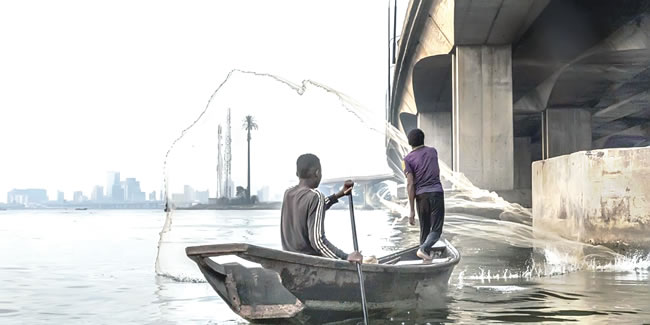AS Africa looks forward to end hunger by 2025, stakeholders in the fisheries sector in the African continent have converged in Abuja to chart way forward in closing the deficit in fish production.
The meeting also sought to review the progress made at the Fisheries Governance project phase 1 and develop work plan for the phase 2 of the project.
The Director African Union – Interafrican Bureau for Animal Resources (AU-IBAR) Dr. Nick Nwankpa in his address, said the Regional Economic Communities (the RECs) are strategic regional institutions with the political mandate for regional integration agenda, enhancing regional cooperation and fostering regional policy coherence.
He said the Fisheries Governance project (FishGov) Phase 2 project therefore considered the RECs as important partners in facilitating the implementation of the Project at regional and national levels.
Dr Nwankpa said the project would leverage on their unique mandates to promote regional cooperation on issues of fisheries and aquaculture to gain political commitments and facilitate the implementation of activities that are regional in nature.
“In this context, the project underscored the importance of regular consultation with the RECs on project implementation on emerging issues and exchange of information towards anchoring project continental activities to regional priorities.
“The African Fisheries Reform Mechanism and the Policy framework and reform strategy for fisheries and aquaculture in Africa underscored the importance of regional collaboration, coordination and coherence in the governance of the African fisheries and aquaculture sector.
“The first dialogue meeting was held with the RECs in December 2021 where proposals for establishing a regular dialogue with RECs on project implementation were developed. It is my fervent hope that the mechanism for regular consultation with RECs would be enhanced further during the course of this second dialogue”, he said.
Also, a Senior Comprehensive African Agricultural Development Programme (CAADP) of the African Union Commission, Panduleni Elago said the meeting is simply reviewing the progress made in the phase 1 and also to develop the work plan for the phase 2 that kickstarted last year.
“However, due to COVID-19, last year we were not able to do much, hence today’s gathering is to take stock and kickstart our work plan for phase 2 of the project.
“The meeting is all around food security, as you might be aware, fish is one of the cheapest protein source to human being, as we strive to end hunger in Africa by 2025, we also seek to support all those involved in the fishery sector”, she added.
The Head of Agriculture and food Security Division of ECOWAS Commission in Abuja, Ernest Aubee, said ECOWAS is involved in this project because of the regional level in Africa.
He said the Commission has a Fishery Governance Project which is looking at the entire fisheries and aquaculture value chain.
“Because fisheries is a sector that growing in importance in the light of the food security challenges that we are facing, so the sector is very strategic.
“Over the last four years, we have been able to put in place a regional fisheries strategy so that all the 15 members states develop their fisheries sector in a coordinate manner”, Aubee added.
The Director, fisheries and Aquaculture Department of the Federal Ministry of Agriculture and Rural Development, Ime Umoh said Nigeria requires 3.6 million metric tons of fish annually, but it produces about 1.2 million metric tons.
He said efforts were being made by the government to assist artisanal and industrial fish producers to upscale their production in order to close the deficit.
“Nigeria is a very large country and we need about 3.6 million metric tons of fish per annum, but we are able to produce between artisanal, industrial and aquaculture on 1.2 million metric tons and the deficit is being supplemented by frozen fish importation.
“Presently what we do is to assist the artisanal sub-sector, we train them, we also provide inputs, sometimes, we take juveniles to the rivers so that we can boost the fish there.
“In terms of aquaculture, we normally establish the fish farm estate for youth and women and provide them with feed, currently we are intervening in 15 states, providing fish feed, fingerling and other inputs in collaboration with the National Emergency Management Agency (NEMA)”, he noted.
WATCH TOP VIDEOS FROM NIGERIAN TRIBUNE TV
- Let’s Talk About SELF-AWARENESS
- Is Your Confidence Mistaken for Pride? Let’s talk about it
- Is Etiquette About Perfection…Or Just Not Being Rude?
- Top Psychologist Reveal 3 Signs You’re Struggling With Imposter Syndrome
- Do You Pick Up Work-Related Calls at Midnight or Never? Let’s Talk About Boundaries







